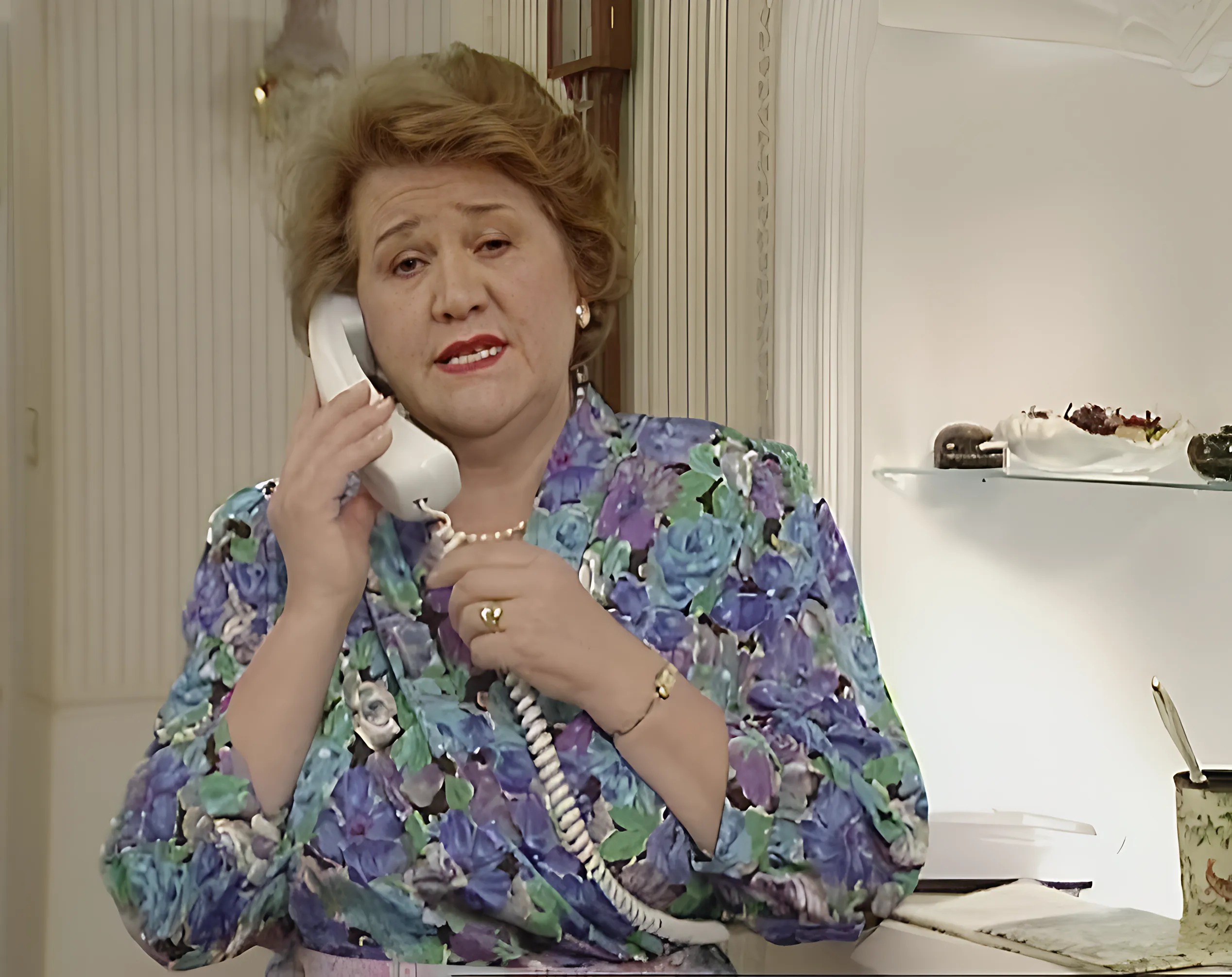The Hyacinth Bucket Effect: How a Third of Brits Change Their Voice to Sound More Posh
In a world where first impressions often hinge on how we speak, it’s no surprise that many of us adjust our voices to fit the occasion. A recent survey by Santander UK revealed that over a third of Brits (36%) consciously alter their voice when speaking on the phone, with nearly half of them aiming to sound more well-spoken—a phenomenon reminiscent of Hyacinth Bucket from the beloved BBC sitcom Keeping Up Appearances.
The Hyacinth Bucket Effect
Hyacinth Bucket, portrayed by Dame Patricia Routledge, is a character defined by her relentless pursuit of social status and her insistence on pronouncing her surname as “Bouquet.” Her exaggerated attempts to sound refined and cultured have become iconic, and it seems many Brits have adopted a similar approach when communicating over the phone. The survey found that 46% of respondents change their voice to sound more well-spoken, while 30% do so to appear more intelligent.
The reasons behind this vocal transformation are multifaceted. For many, it’s about making a positive impression. Whether it’s a job interview, a client call, or a conversation with someone in a position of authority, altering one’s voice can be seen as a way to convey professionalism and competence. Interestingly, the survey also found that 10% of people change their voice to sound more fun, suggesting that some individuals adjust their tone to match the perceived mood or context of the conversation.
Regional Variations
The tendency to modify one’s voice isn’t uniform across the UK. Residents of Aberdeen were found to be the most likely to change their voice, with nearly half (46%) admitting to doing so. Conversely, people in Sheffield were the least likely, with 60% saying they don’t alter their voice. In terms of specific intentions, Norwich residents were the most likely to change their voice to sound intelligent, with 52% reporting this behavior. Londoners, on the other hand, were more inclined to adjust their voice to sound more fun.
The Psychology Behind the Change
Sociolinguists have long studied the reasons behind accent and voice modulation. One concept that sheds light on this behavior is “covert prestige.” This term refers to the high social value placed on nonstandard dialects or accents within a particular community. For instance, in certain settings, a regional accent might be perceived as more authentic or relatable, even if it’s considered less prestigious in broader society.

Conversely, “overt prestige” pertains to the societal value placed on standard or “posh” accents. Many individuals adjust their voice to align with these overtly prestigious norms, especially in formal or professional contexts, to gain social acceptance or to be perceived as more competent. This aligns with the findings of the Santander survey, where a significant portion of respondents admitted to changing their voice to sound more well-spoken or intelligent.
The Impact of Voice Modulation
While altering one’s voice can be a strategic move, it can also have unintended consequences. According to Dr. Alex Baratta from the University of Manchester, some individuals feel like “frauds” when they consciously modify their accent, especially if it feels inauthentic to their true identity. This sense of discomfort can lead to feelings of anger and frustration
Moreover, the pressure to conform to certain vocal standards can be particularly stressful for individuals with strong regional accents. In environments where “posh” accents are the norm, those with regional dialects might feel marginalized or overlooked, leading them to suppress their natural speech patterns.
Celebrity Voices: Aspirations and Influences
The survey also touched upon the voices that Brits aspire to emulate. Sir David Attenborough topped the list, followed by Joanna Lumley and Idris Elba. These individuals are often celebrated for their clear, articulate, and soothing tones, which many associate with intelligence, authority, and charisma. It’s no wonder that so many strive to mirror these vocal qualities in their own speech.
Conclusion
The tendency to alter one’s voice, especially over the phone, is a reflection of the complex interplay between identity, perception, and societal expectations. While it’s natural to adjust our speech to fit different contexts, it’s essential to remain authentic and comfortable in our own voices. After all, as Hyacinth Bucket might say, “It’s ‘Bouquet,’ not ‘Bucket’!”





